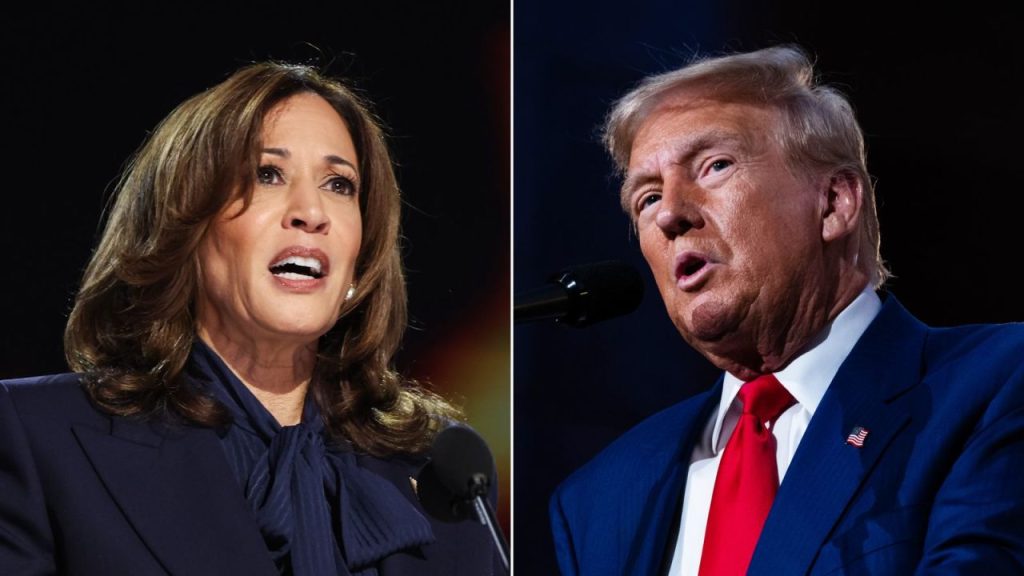On Saturday, Kamala Harris extended a challenge to Donald Trump for a second debate ahead of the US presidential election, but the former president declined, stating it was too late.
Harris’s campaign announced earlier in the day that she had accepted an invitation from CNN to participate in a debate scheduled for October 23. It would have been their second face-off, following a debate on September 10, which many viewed as a victory for the vice president.
However, Trump, speaking at a rally in North Carolina, said that while he was open to the idea of a debate, the fact that early voting had already begun in some states made the proposal redundant.
“It’s just too late, voting has already started,” Trump told his supporters. He also expressed concerns that CNN, which he described as very fair during his debate with President Joe Biden in June, would not be impartial this time following criticism of the first debate’s handling.

Harris stepped up as the Democratic candidate after President Joe Biden, 81, withdrew from the race following a poor performance against Trump. The shift left Trump, 78, as the oldest candidate facing off against the much younger Harris, aged 59.
The announcement coincides with early voting already being underway in several states, with the election race still too close to call.
While campaigning on Friday, Harris accused Trump and the Republican Party of hypocrisy on the issue of abortion, holding Trump responsible for the abortion ban in Georgia, a key battleground state, which she said resulted in the deaths of two women.
Trump, on the campaign trail, often touts his Supreme Court appointments, which were instrumental in the 2022 reversal of the national right to abortion, leaving the decision to individual states. Since then, at least 20 states have enacted full or partial abortion restrictions, including Georgia, which now bans most abortions after six weeks of pregnancy.
The contest between Harris and Trump remains tight, with Trump enjoying the backing of a religious conservative voter base, many of whom feel alienated by the current political and economic landscape. His campaign has been characterised by hardline anti-immigration rhetoric.
The campaign atmosphere has been tense, particularly after a gunman appeared to target Trump in Florida last weekend, marking the second such assassination attempt in two months. Despite the charged environment, Trump has yet to confirm if he will accept the election result should he lose.
Trump also faces criminal charges related to allegations of attempting to overturn the 2020 election, which culminated in his supporters storming the US Capitol on January 6, 2021.
The outcome of this election will likely hinge on key battleground states, including North Carolina. Trump has sparked controversy by attributing any potential defeat to Jewish American voters, a comment that has drawn widespread condemnation.
“If I don’t win this election… in my opinion the Jewish people would have a lot to do with a loss,” Trump said at an anti-Semitism event on Thursday, reiterating his grievance that Jewish voters tend to support Democratic candidates.


